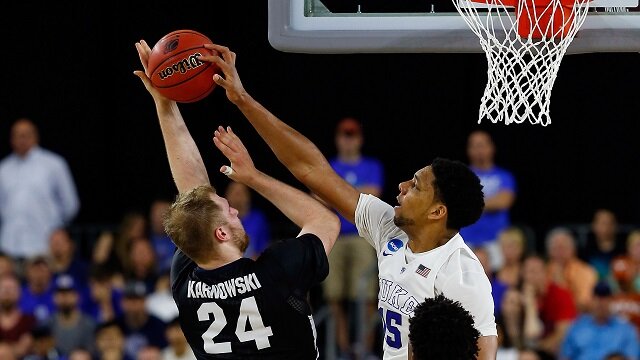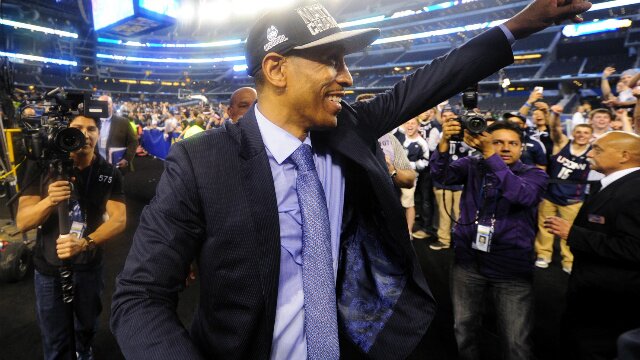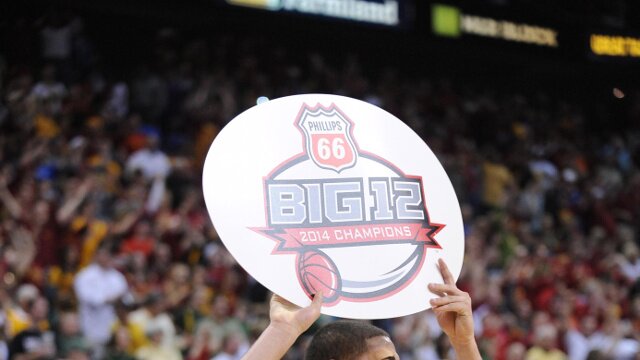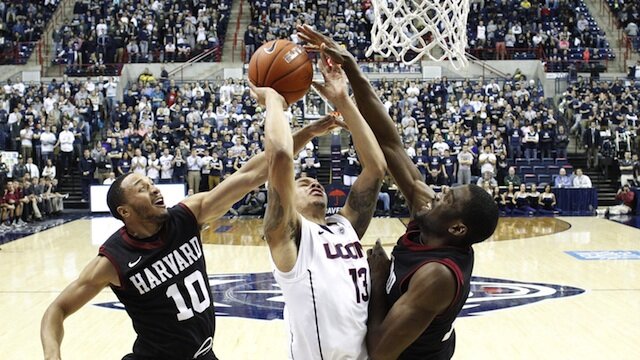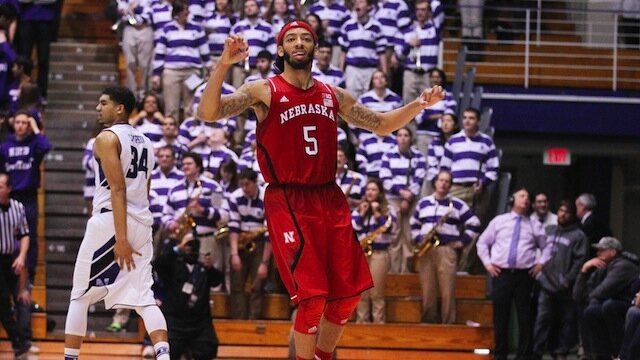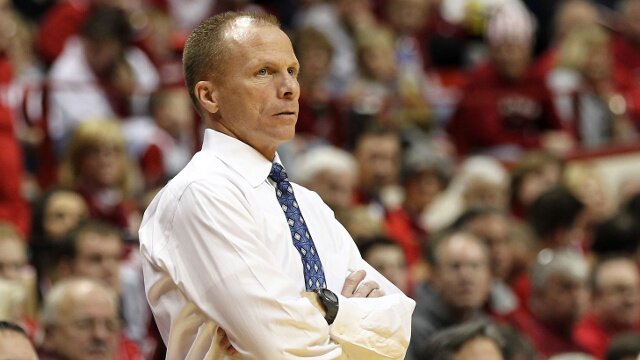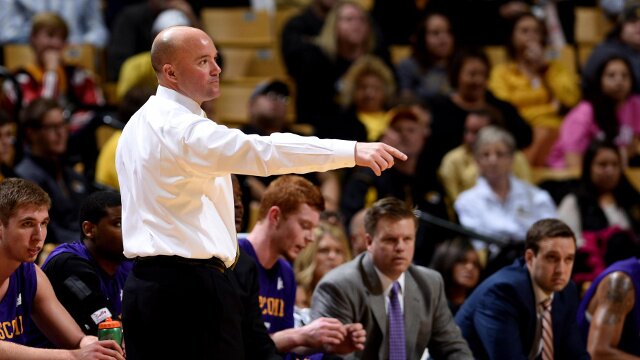Starting Friday, the NCAA will change college basketball recruiting rules. Coaches are now allowed to make phone calls and send text messages without fear of NCAA repercussions.
Previously, coaches and assistants had a certain number of text messages and phone calls that they were allowed to make to each recruit. Now, coaches can send an unlimited amount of text messages to recruits. The rule change also allows coaches to tweet high school players.
The change comes from the meeting of the Division I Board of Directors, which was held last October, in which the committee recognized that schools were having a hard time adjusting their recruiting techniques to the development of technology. Some coaches had to turn to third-party recruiters in order to get their messages across to players.
“Now instead of going around people to get to the kid or the parents, you can call them directly. I think that’s a very valid point as to why they made the rule change,” first-year Illinois coach John Groce said.
Multiple coaches have shown excitement at the prospect of being able to communicate more easily with potential players.
“I really believe it will help. I’m excited about it,” said Memphis coach Josh Pastner. “And I think it’s going to be good, more so than the texts, just the ability to call and making sure to have that direct verbal communication.”
Some people have shown concern over the number of messages that a high school player might receive from coaches. This new change might be worrisome for parents who do not want their children hounded by college programs, which could potentially distract from school or a player’s current team situation.
However, The Associated Press argues that the relationships between players and coaches will be even better than ever, and that this freedom of communication will make the recruiting trail an easier place for both players and coaches. Essentially, it will now be easier for coaches to understand how a certain player feels about his program and will show the coach whether or not he should continue pursuing the recruit.
This rule change comes a couple of months after Baylor’s basketball program was placed on probation for sending what the NCAA termed as “major violations,” which refered to over 1,200 illegal phone calls and text messages sent by both the men’s and women’s basketball teams. In addition, Kelvin Sampson, former Oklahoma and Indiana head coach, lost his job over violations similar to what the NCAA has now made legal.
You can “like” Arena Pulse on Facebook.
Be sure to Follow Ryan Resch on Twitter: @rjmresch
 Share
Share 

